Redefining Failure to Embrace Student Learning
This XQ school takes a bold approach and delivers a curriculum and school experience that’ll help students embrace failure as a part of real-world problem solving.
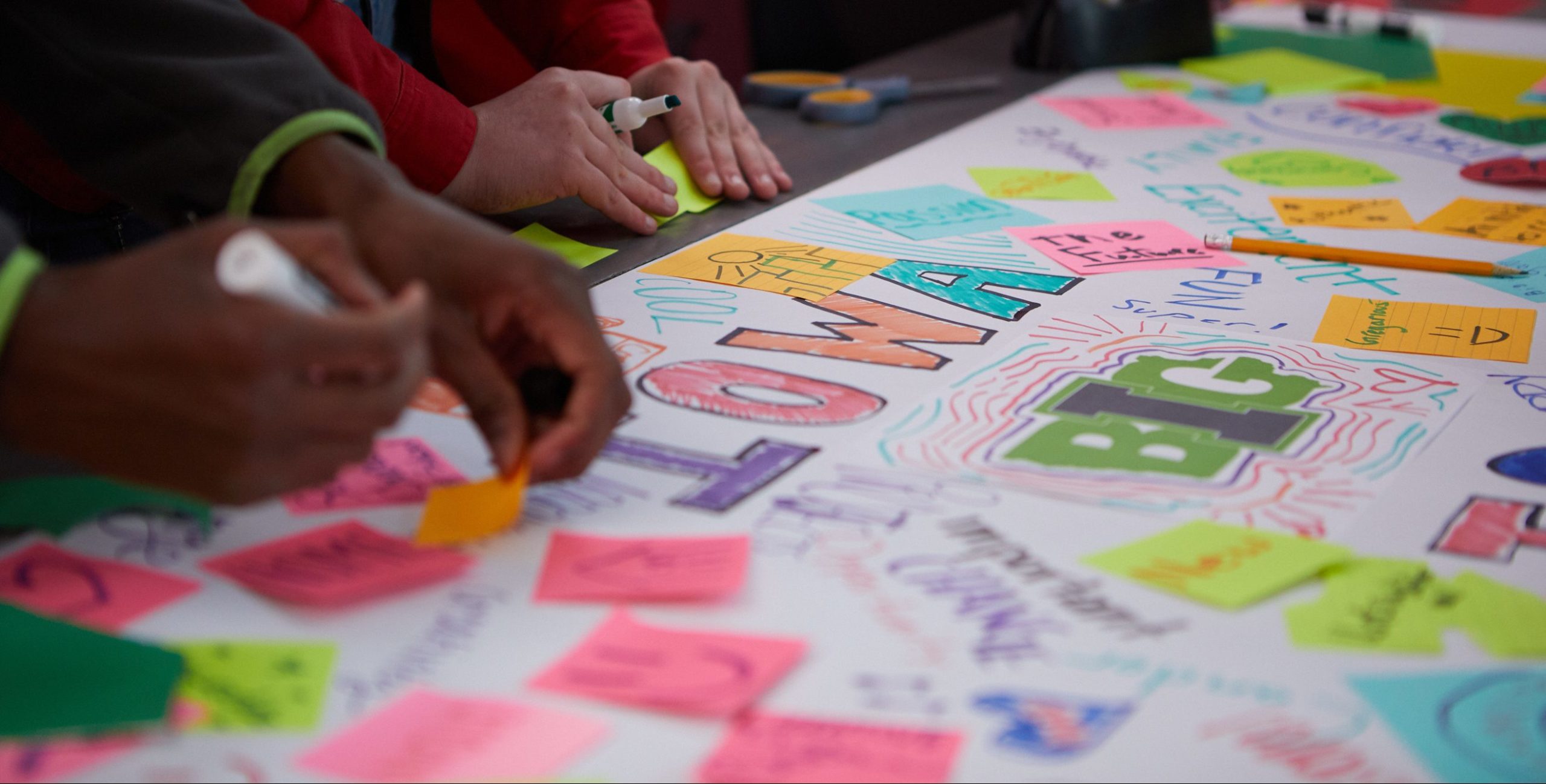
There aren’t rows of desks in Iowa BIG—an XQ school located in Cedar Rapids, Iowa. No single teacher lectures from the front of the room. Instead, the whiteboard is blank and students gather around couches and in meeting spaces to talk about their expectations for the day. The classrooms are open and informal. The classrooms give students the opportunity to learn that failing to meet a goal is a necessary part of life, and at times “failure” is necessary when creating outcomes that far exceed the initial goal.
“We want to bring those core principles to life and close the gap between students and their surrounding community,” explains Trace Pickering, executive director and co-founder of Iowa BIG.
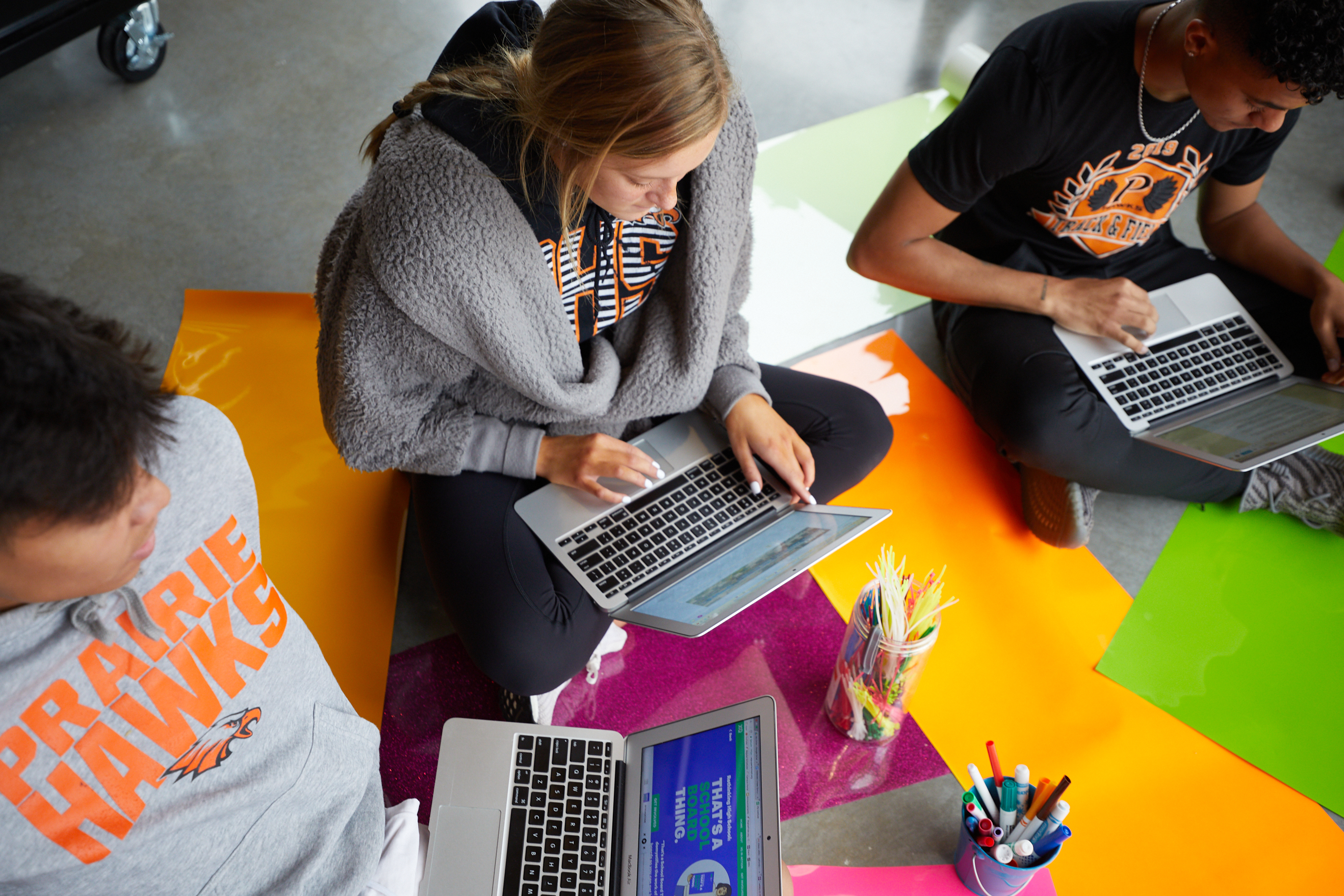
Helping Students Embrace Failure
Students often learn to perceive failure as a negative—that it’s something from which they can’t recover. They feel that if they get a zero on an assignment, they’ll never receive a high grade in a class. So, they develop a fear of failing, of being wrong, of thinking for themselves, of experimenting and trying new things.
“I don’t believe the intent is to cause students to fear failing, but it is what happens in practice,” explains Pickering.
It may be impossible to get through life without failure. But, coming up short is not what drives the fear of failing, that stems from the outcomes and consequences associated with failing. To help flip the narrative around failure, Iowa BIG educators believe that failing is a natural part of the learning process and that growth and progress are dependent on it. This flip helps students experience the power of working toward a goal with a smile and positive attitude regardless of the outcome.
Goodbye Grades
The school works to fight the negative outcomes associated with failure by rethinking traditional systems that track mastery. For instance, at Iowa BIG, there are no points, grading systems, or GPAs. Instead, projects are presented as only vehicles for learning and assessments are based on the lessons learned and skills gained.
“A project can fail or have a misstep and that is a beautiful thing because it means that the opportunity to learn something is present,” says Pickering.
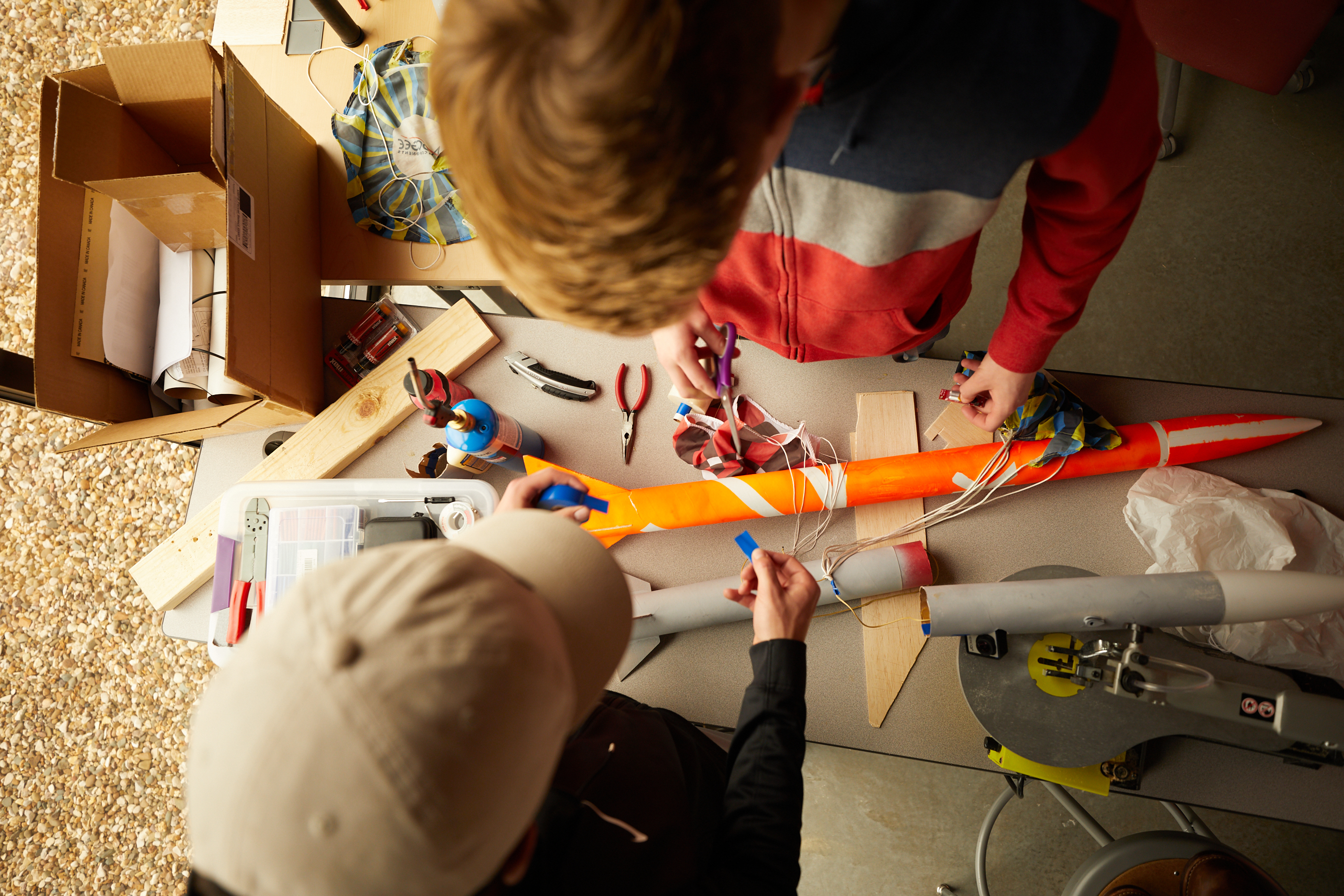
Moreover, admission to Iowa BIG is aimed to help students struggling in a traditional classroom learn that their perceived failures are a part of a larger learning process. In fact, Iowa BIG students who struggled in a traditional classroom adjust more rapidly to the model by diving right into projects and problems.
“Kids think that if their project ideas don’t go somewhere, or if they try something and it doesn’t work… that they have failed and are getting a bad grade,” describes Pickering.
Iowa BIG school leaders and educators work to dismantle that perception by placing Iowa BIG students in situations where initial success is rare if not impossible. It helps students recognize that perfection at the start isn’t a realistic approach to problem solving.
“We want them to see first-hand that their missteps and initial poor performances aren’t things to be graded and held against students but as powerful learning opportunities from which to grow,” Pickering expands.
Finding Learning Through Failing
The redefinition of failure at Iowa BIG does help students learn to see mistakes and barriers as reasons to adapt, not to give up. For instance, a team of Iowa BIG students partnered with a community organization to refurbish a building that would serve as temporary housing for homeless families. However, the project was cut short once the students found asbestos in the house.
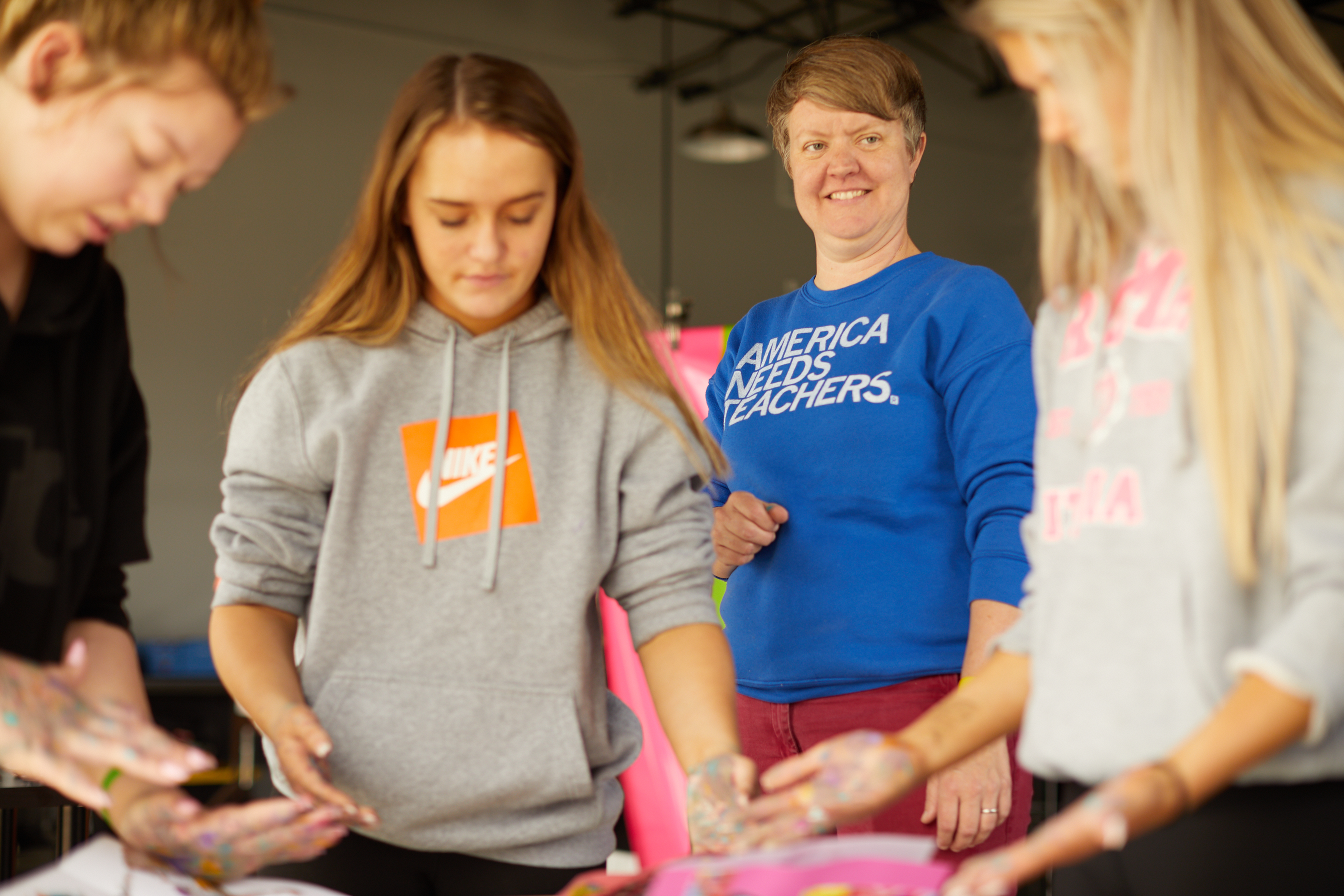
“The kids were crushed that they couldn’t move forward and help with the project,” recounts Pickering.
However, Iowa BIG educators spent time talking to students about the specific skills they learned in the process. Instead of focusing on the stopping point, educators helped students recognize their growth and encouraged the students to adapt their community-focused projects to a new context.
Free to Fail
The outcomes of redefining failure are obvious. The staff sees a dramatic rise in student self-confidence and resilience as students move past the fear of failure and learn to embrace failure as part of the learning process. “Once kids recognize that we don’t punish failure, we begin to see that their fear melts away,” Pickering says.
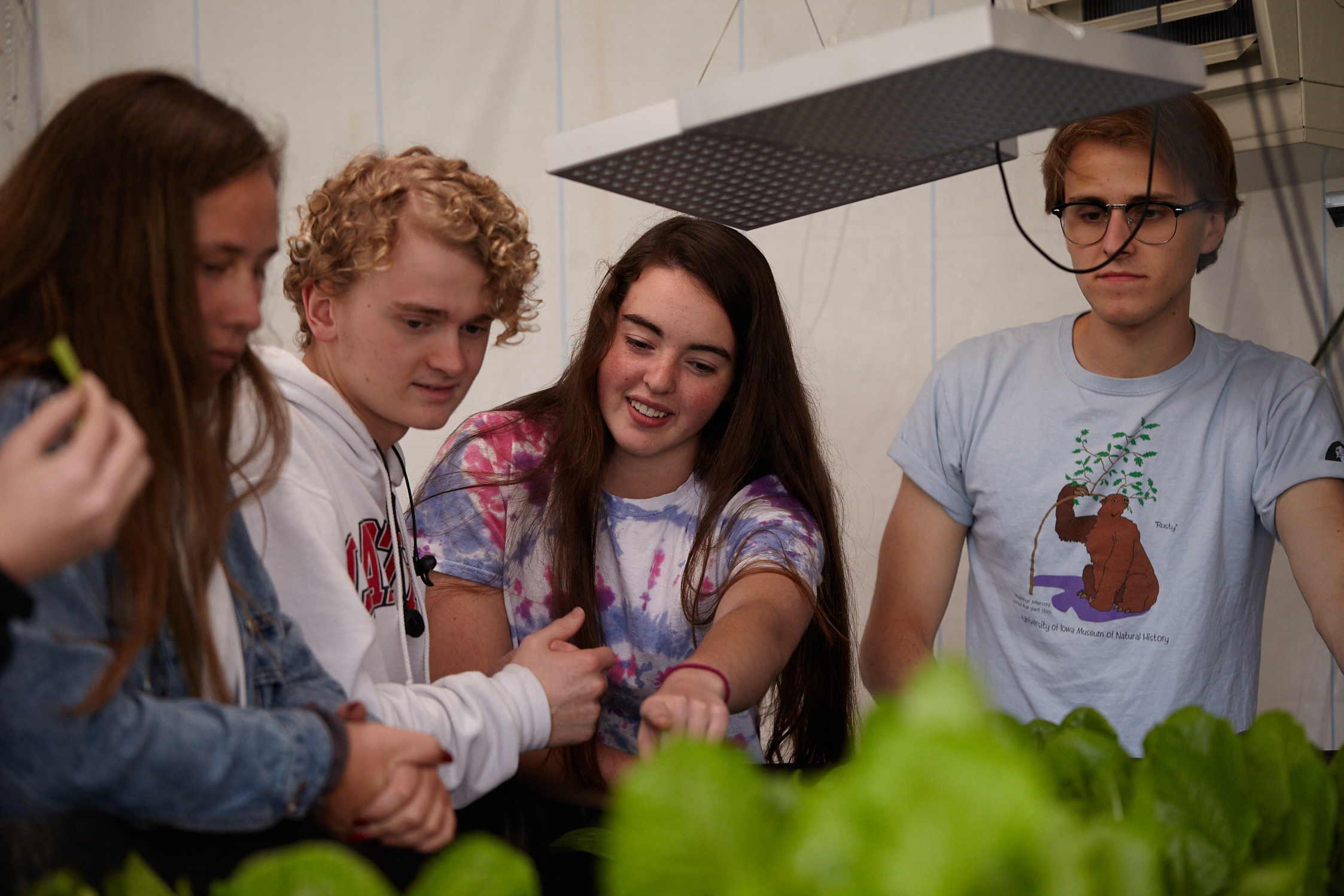
This approach to education helps students recognize that they are the architects and builders of their own lives and learning paths. Students at Iowa BIG are free to become original thinkers for an uncertain world because the school—its educators and school leaders—work to redefine failure and paint it as the best tool for learning. Iowa BIG helps students realize that failure doesn’t inhibit learning. Instead, it’s the crux of the learning process.
Get inspired by the community-focus at Iowa BIG. Learn more about Iowa BIG and all the XQ Schools at: xqstaging.wpengine.com/schools
Author Bio: Katie Navarra is an award-winning journalist who covers agriculture, education, and leadership. The Upstate New York writer is also a certified leadership coach specializing in equine-assisted events.









